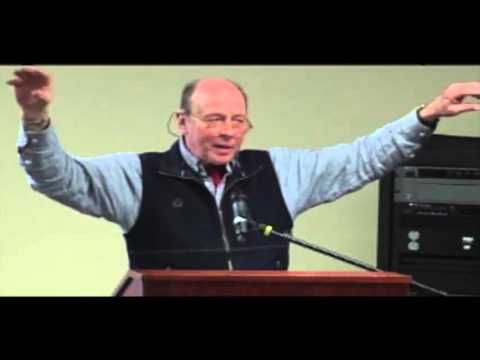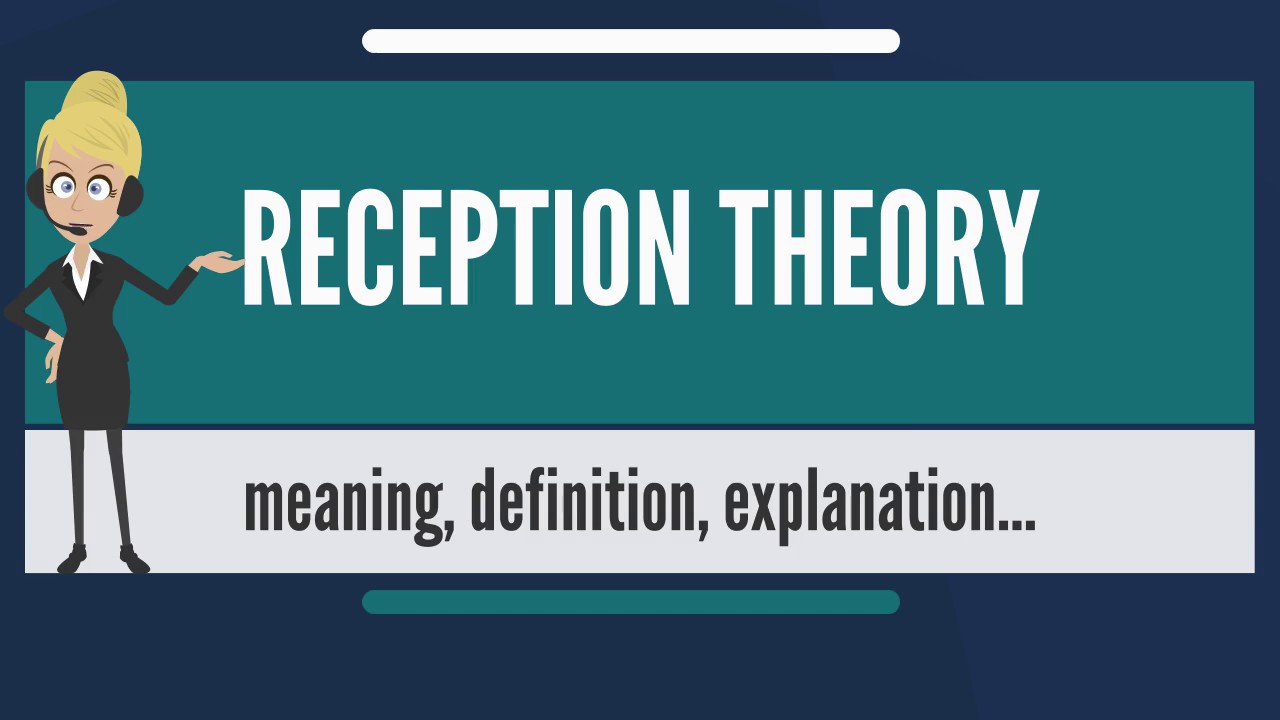University of New England
Scott is the distinguished Sterling Professor of Political Science and Professor of Anthropology and is Director of the Agrarian Studies Program at Yale University.
The author of several books, such as Seeing Like a State: How Certain Schemes to Improve the Human Condition Have Failed; The Art of Not Being Governed: An Anarchist History of Upland Southeast Asia; Domination and the Arts of Resistance; and Weapons of the Weak: Everyday Forms of Peasant Resistance, Scott is recognized worldwide as an authority on Southeast Asian, peasant, and agrarian studies.
His research concerns political economy, comparative agrarian societies, theories of hegemony and resistance, peasant politics, revolution, Southeast Asia, theories of class relations and anarchism. He is currently teaching Agrarian Studies and Rebellion, Resistance and Repression.
Scott is a Fellow of the American Academy of Arts and Sciences, has held grants from the National Science Foundation, the National Endowment for the Humanities, and the Guggenheim Foundation, and has been a Fellow at the Center for Advanced Study in the Behavioral Science, Science, Technology and Society Program at M.I.T., and the Institute for Advanced Study, Princeton. He received his bachelor’s degree from Williams College and his M.A. and Ph.D. from Yale University.
The lecture is sponsored by the UNE Department of Political Science and the Student Club “People of Politics.”
Source




Definitely there exist many Zomias around the spaces available on the geography, with various degree of anarchy.
Brilliant speech… It's also supported by the traditional associations of traveling, migration, and nomadic life being more free than static geographic existence. The most common way of escaping oppressive government is exodus, if possible.
I am from a Mizo from Mizoram, our language is used to derive the term 'Zomia'. (I belong to one of the hill tribes described in this book) We have a number system from 1 to billion, each digit with a name. The western counting system or Indian counting system doesn't have this. I think it says a lot about us having been apart of a larger civilization at some point in our history and due to some reason, had decided to break ties and hide away. May be to escape enslavement, famine, diseases or the tyranni of the state. Thank you Mr. Scott for writing a book about us.
Growing up in Appalachia on the West Virginia PA line is somewhat removed from American state, but not nearly as much as he is talking about in SE Asia.
Scott's views seem to be consistent with Carneiro's theory of state formation. If you can escape the rule of a state by making yourself scarce, do it. States may be disinterested in ruling these people because they've got little or nothing for states to steal and the costs to states of subduing them isn't worth the costs.
51:10 anarchist hill tribes hire you…. root crops!
45:53 –47:30
44:01
Those wanting Trump's wall should hear this. lol
the Art of Being Killed and Having Your Shit Taken
how dare you take off your jacket
I think it could be argued that those who voluntarily chose to go overseas to new world colonies may have something in common with these people, the colonists were usually fleeing one or another form of repression. The same could probably be said for the pioneers pushing west and the people who choose to be mountain men even today.
It starts at 8:30, you are welcome posterity.
permaculture moves in this direction – a worthwhile exploration.
This was a fascinating talk. I never thought of root crops being a tactic, used against having our food taken from us, by the fascist state. I wonder how many more such examples can be revealed.
http://www.AssafKoss.com
Thank you so much for offering this via Youtube. Riveting talk.
hey this isn't the guy from days of our lives